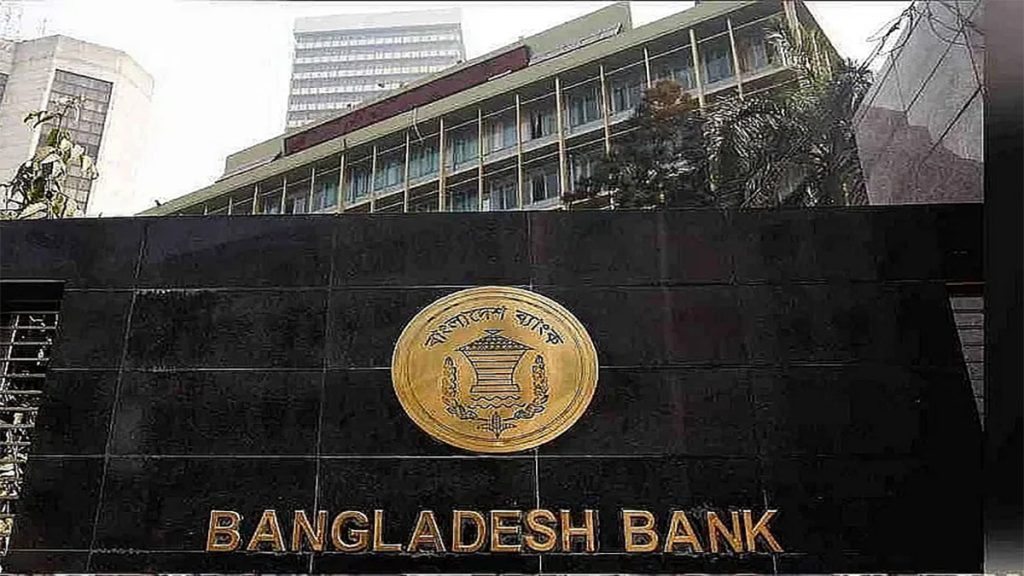The central bank has raised the policy interest rate to control inflation. According to the decision made at the Monetary Policy Committee meeting on Sunday, August 25, the policy interest rate has been increased by 50 basis points from the existing 8.50 percent to 9 percent. The policy interest rate has been continuously rising over the past two years.
This information was provided in a circular signed by Md. Harun-ur-Rashid, Director of the Bangladesh Bank (BRPD). Additionally, to enable banks to manage liquidity with greater capacity, the upper limit of the policy interest rate corridor, the Standing Lending Facility, has been raised by 50 basis points from 10 percent to 10.50 percent.
The lower limit of the policy interest rate corridor, the Standing Deposit Facility, has been increased by 50 basis points from 7 percent to 7.50 percent. This decision by the Bangladesh Bank will come into effect on August 27.
The policy interest rate is primarily raised to control inflation. When the central bank perceives that there is an excess money supply in the economy, leading to a rise in inflation, it increases the policy interest rate to reduce the money flow. An increase in the policy interest rate means that banks will have to borrow from the central bank at a higher interest rate. Consequently, commercial banks will raise the interest rates on loans they provide to customers. A higher policy interest rate discourages commercial banks from borrowing from the central bank.
It is noteworthy that overall inflation in June was 9.72 percent. On the other hand, food inflation exceeded 14 percent in July, the highest in the past 13 years.




